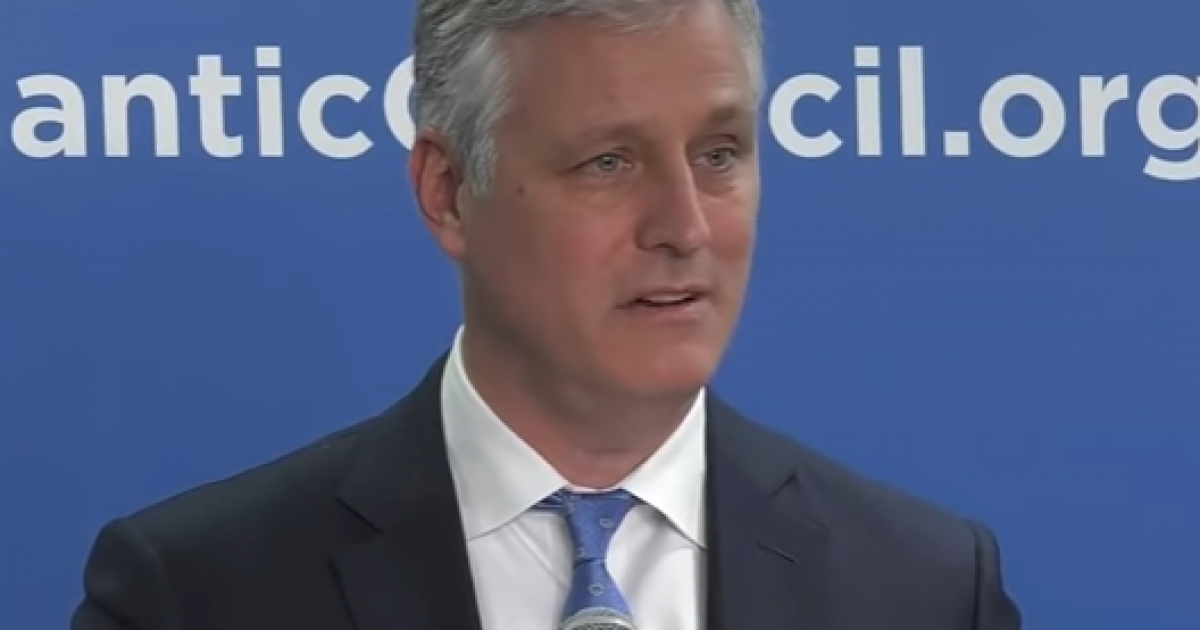
On June 5, 2020, President Donald Trump announced that he would be moving troops from Germany.
Many America First advocates cheered this decision, believing that it would be a firm move towards bringing troops from a country that is more than capable of providing its own defense
However, this may have proven to be a bait and switch.
National security adviser Robert C. O’Brien penned an article on June 21, 2020 at the Wall Street Journal talking about the reasoning behind the U.S.’s troop reduction in Germany.
Under the original plan, the U.S. will reduce its forces in Germany from 34,500 troops to 25,000. Instead, O’Brien noted that this reduction will be used to shift troops to “counter China and Russia, two great-power competitors, U.S. forces must be deployed abroad in a more forward and expeditionary manner than they have been in recent years.”
O’Brien asserted that “The Cold War practice of garrisoning large numbers of troops with their families on massive bases in places like Germany is now, in part, obsolete.”
The national security adviser noted that “Modern warfare is increasingly expeditionary and requires platforms with extended range, flexibility and endurance. While air bases and logistics hubs remain important, the Cold War-style garrisoning of troops makes less military and fiscal sense than it did in the 1970s.”
O’Brien listed potential zones where these troops will be redeployed:
Several thousand troops currently assigned to Germany may be reassigned to other countries in Europe. Thousands may expect to redeploy to the Indo-Pacific, where the U.S. maintains a military presence in Guam, Hawaii, Alaska and Japan, as well as deployments in locations like Australia.
Additionally, O’Brien urged European countries to pitch in their fair share for NATO defense. He stated:
It is time, however, for all European nations to contribute their fair share in defending their homelands. Germany has the world’s fourth-largest economy yet spends only 1.4% of gross domestic product on its own defense—despite NATO member countries’ longstanding commitment to a 2% target. American taxpayers contribute 3.4% of GDP toward defense.
Ever since Trump became president, NATO members have increased their defense spending by $130 billion.
O’Brien highlighted how Germany can still carry its weight and uphold American interests:
Berlin still has time to step up and show leadership. The Russian-German Nord Stream 2 pipeline isn’t complete; a German decision to stop the project would strengthen Europe’s energy security. Berlin hasn’t yet selected its 5G telecommunications provider. A trusted European company, such as Nokia or Ericsson, would be safer for this role than China’s Huawei. And Germany can accelerate its plan to harden its defenses, which would more than offset U.S. troop redeployment.
While the troop reduction sounds good, diverting troops to other military outposts abroad only perpetuates the U.S.’s costly internationalist policies. Even worse, House elected officials have voted to block Trump’s move.
At the end of the day, these troops would be better utilized at home on southern border with Mexico.



